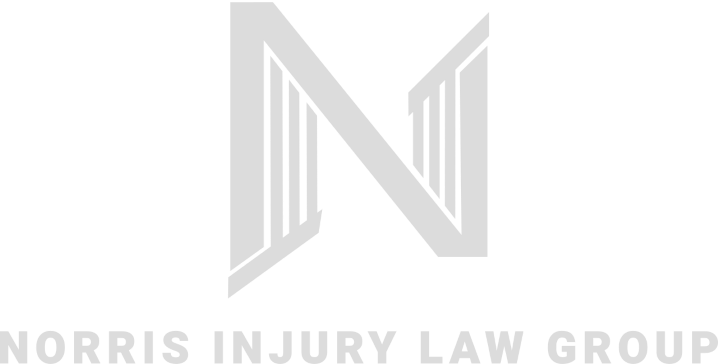Questions about fault and liability often arise after motor vehicle collisions in Iowa. After all, fault likely determines which insurance policy applies and who might be at risk of financial responsibility if the crash caused major losses.
Sometimes, fault and liability are straightforward. A drunk driver in a passenger vehicle hits another passenger vehicle. There is little question culpable for the wreck. Other times, there may be more of a gray area around establishing fault and financial liability.
Semi-truck collisions often leave people uncertain about their rights. Thousands of commercial trucks cross Iowa every day, usually without any major safety issues. However, semi-trucks (and their operators, in some cases) are to blame for some of the worst collisions that occur in Iowa every year. Those involved in a crash caused by a semi-truck may question who is actually responsible for compensating them for their losses.
Employers are often liable for semi-truck wrecks
In many semi-truck collision scenarios, the driver in control of the semi-truck is technically the party at fault for the crash. They did something unsafe, such as exceeding the speed limit or getting too close to smaller vehicles in traffic.
However, they may not actually have personal financial liability for the crash. Many commercial drivers are employees. The legal concept of respondeat superior means that their employer may have vicarious liability for the collision. In other words, the trucking company provides the insurance coverage and might be the party at risk of a personal injury lawsuit.
The main exception to this rule involves owner-operators who drive semi-trucks as self-employed professionals. Even in those cases, there should be a large commercial insurance policy that can provide compensation for the major losses triggered by the crash. Usually, a commercial driver won’t be directly financially responsible for a collision.
Occasionally, plaintiffs taking legal action after a semi-truck crash can strengthen their claims against a transportation company by proving that negligence of some type worsened the situation. Poor vehicle maintenance, inappropriate employment practices and traffic safety violations could all play a role in the case against a transportation company after a collision.
At the end of the day, understanding who to hold accountable is crucial for those coping with the massive losses often associated with semi-truck collisions.

